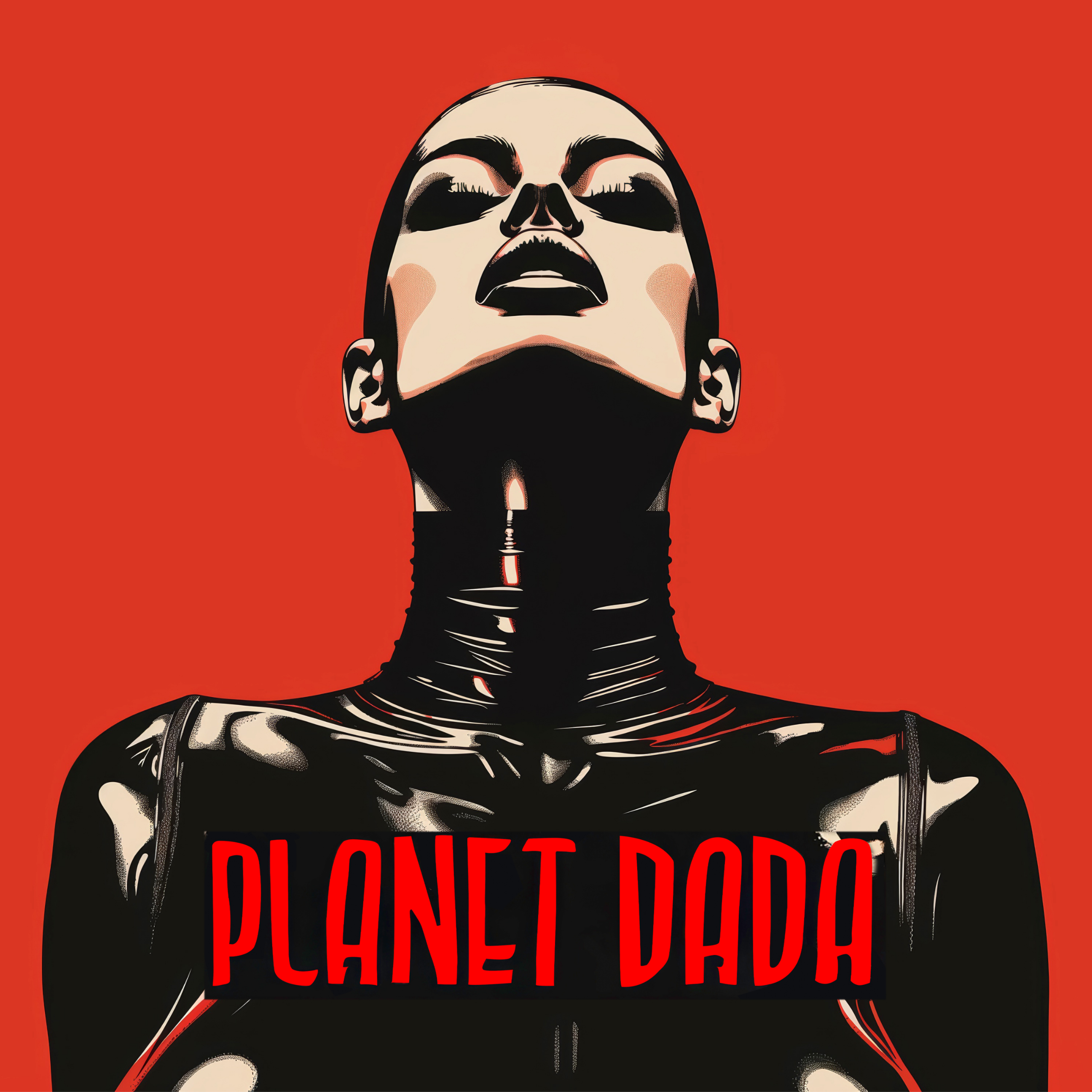Riflessioni sull'arte dell'intelligenza artificiale
Digital and computer art has rapidly emerged as a distinctive form of creative expression, and its legitimacy is often contested. Critics argue that it can be unethical, inherently derivative, or even stolen, while others see it as lacking the “soul” that traditional art forms possess. However, our art can be viewed as a more genuine and democratized form of creative expression, and many of the ethical criticisms often misrepresent the nature of this technology.
Digital Art as a Unique and Genuine Form of Expression
One of the most compelling arguments for the authenticity of art is its role as a tool for expanding human creativity, not as a substitute for it. Much like a paintbrush or a camera, it is an instrument that artists can use to bring their visions to life. The “genuineness” of digital art comes from its collaborative nature—the interplay between human input and machine-generated output. Far from being a mindless reproduction.
